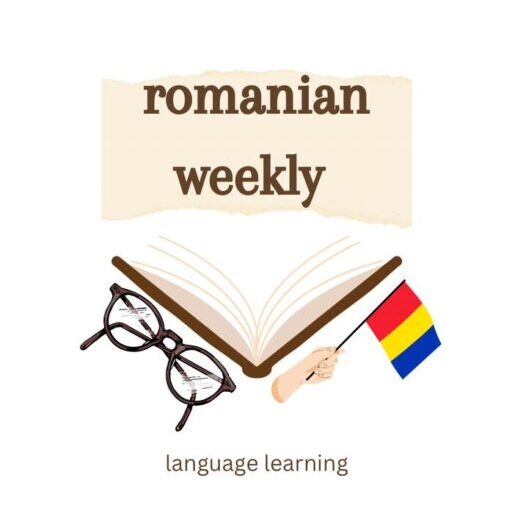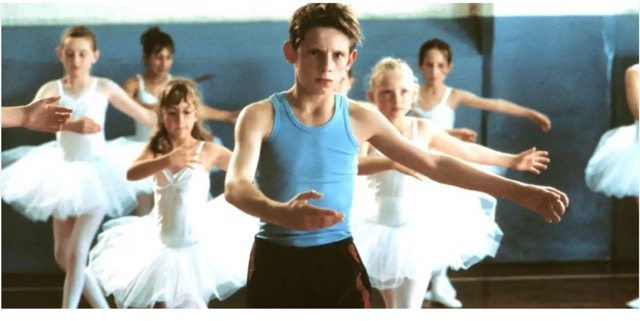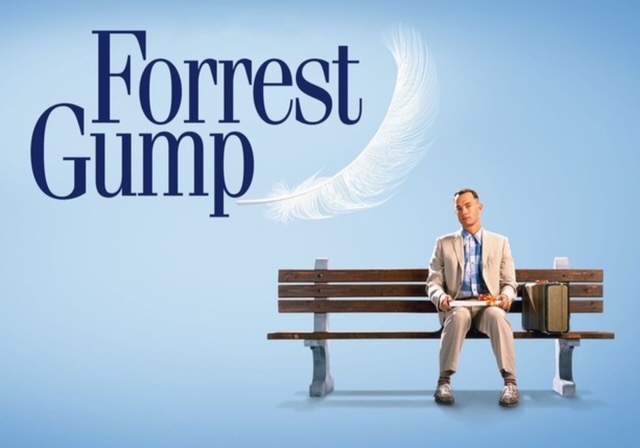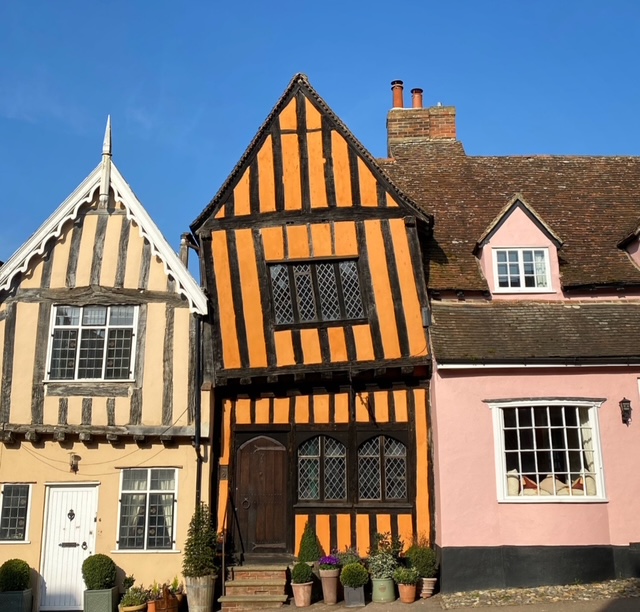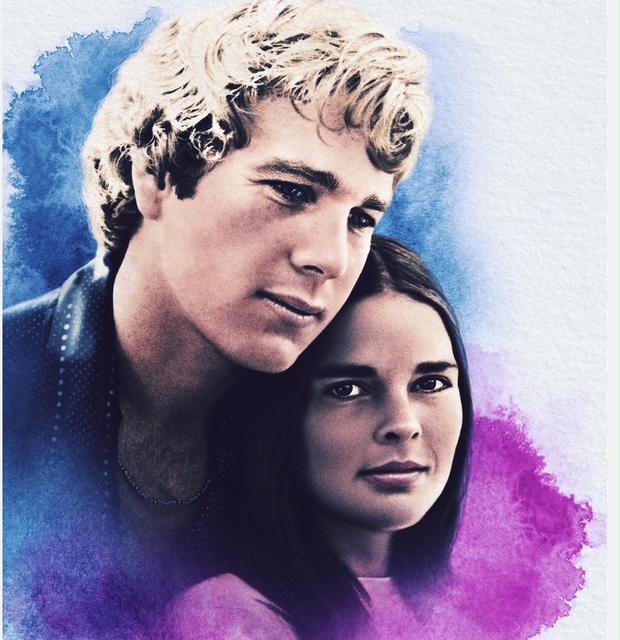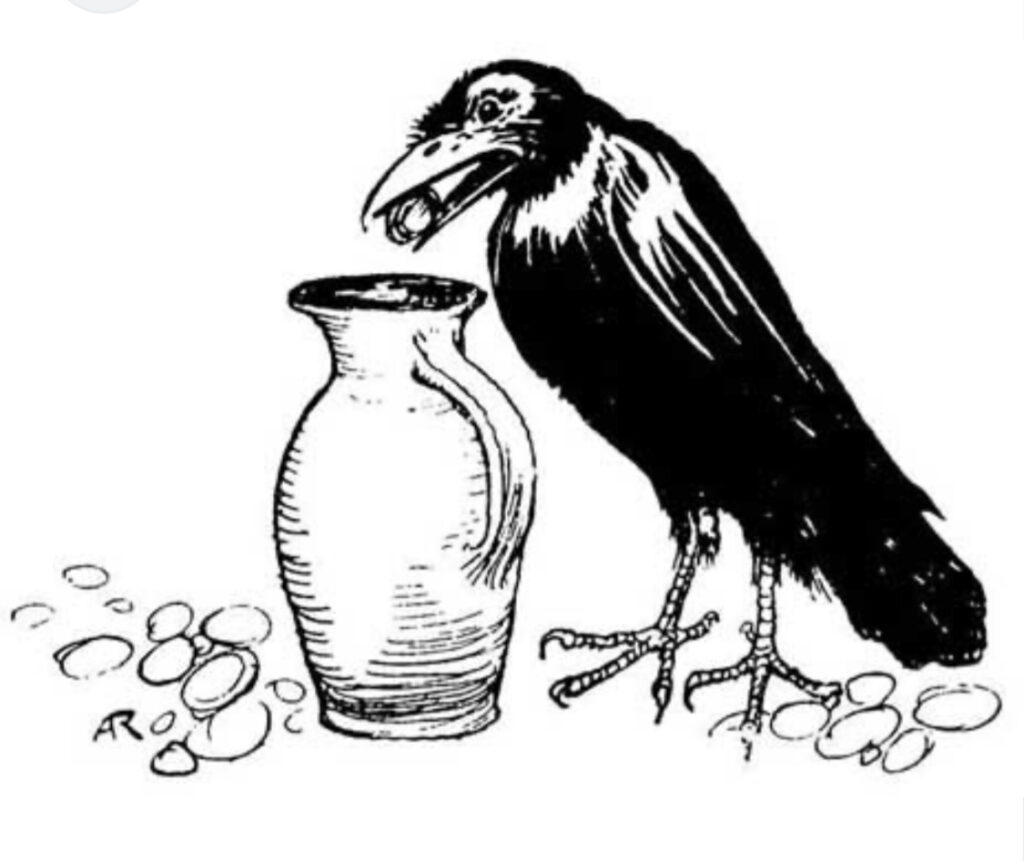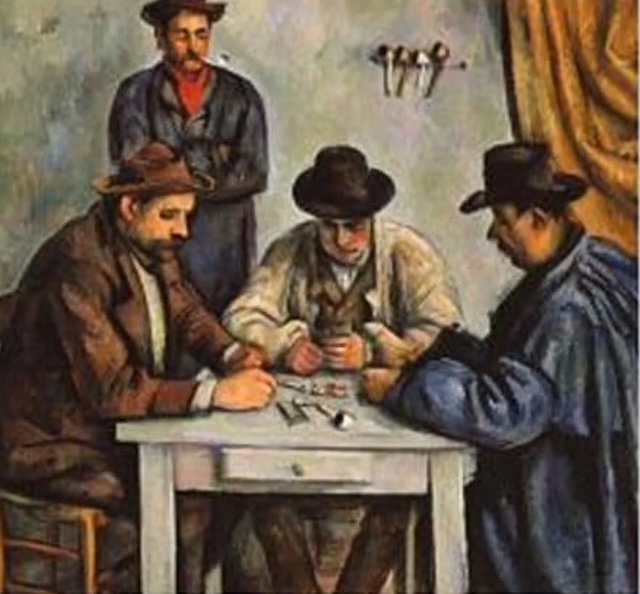
de Jerome K. Jerome
Trei oameni într-o barcă este o comedie clasică despre o excursie pe râul Thames în Anglia. Trei prieteni – Jerome (naratorul), George și Harris – decid să facă o călătorie cu barca pentru a se relaxa și a scăpa de stres. Îl iau și pe Montmorency, câinele lor agitat și amuzant.
La început, ei fac planuri mari, dar sunt dezorganizați și haioși. Nu se pricep prea bine la viața în aer liber: nu știu să gătească, nu pot monta cortul, și se încurcă mereu. Pe drum, vizitează orașe frumoase și locuri istorice de pe malul râului.
De-a lungul călătoriei, se întâmplă tot felul de situații comice: pierd bagaje, se ceartă din nimic, câinele le face probleme, iar vremea este adesea proastă. Deși voiau liniște, excursia devine un haos plin de umor.
În final, ploaia puternică îi face să renunțe la plan și se întorc acasă cu trenul. Chiar dacă nu a fost relaxant, călătoria le-a oferit amintiri amuzante și i-a apropiat ca prieteni.
✍️ Exercițiul 1: Adevărat sau fals?
- Cei trei prieteni fac o excursie pe Dunăre.
- Montmorency este un câine liniștit și ascultător.
- Cei trei sunt foarte organizați și gătesc bine.
- Vizitează locuri frumoase de pe malul râului.
- Se întorc acasă din cauza ploii.
✏️ Exercițiul 2: Completează spațiile
Folosește cuvintele: barca, haos, prieteni, ploaia, câine
- Cei trei __________ vor să se relaxeze pe râu.
- Excursia cu __________ devine amuzantă, dar haotică.
- Montmorency, __________le, creează multe probleme.
- În loc de liniște, au parte de __________.
- __________ îi obligă să sfârșească excursia mai devreme.
❓ Exercițiul 3: Întrebări de înțelegere
- De ce decid cei trei să facă o excursie?
- Cum se comportă Montmorency în timpul călătoriei?
- Ce fel de probleme au pe drum?
- Cum se termină excursia lor?
- Ce putem învăța din această poveste?
